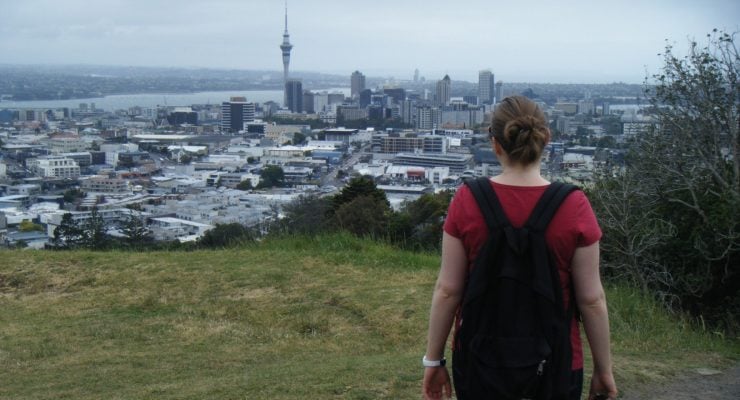Volunteering to get work experience in New Zealand
If you’re struggling to land that crucial first job in New Zealand, volunteering can be a great way to start your professional life. It allows you to gain New Zealand-specific work experience and network with new people.
The main organisations for voluntary work are:
For an affordable registration fee, you have access to various hosts (usually farms, youth hostels, homestays, etc.) that offer you accommodation (and often meals) in exchange for a few hours’ voluntary work for them. If everything goes well, you could ask your hosts to be your referees for your CV.
More and more Facebook groups are connecting hosts and volunteers. The advantage of these groups is that they are free, but the major disadvantage is that, unlike volunteer organisations such as the ones mentioned above, Facebook does not show you the hosts’ history or reviews from previous volunteers. Be careful, and watch out for scams and unscrupulous people!
There are lots of different types of volunteering, so you don’t have to work on a homestay. You might find a volunteering role in administration, secretarial work, communications, music, event management, etc. You can also choose to volunteer for fun or to give back to the community; it doesn’t have to be related to your job search!
You can find volunteering vacancies in your area on Volunteering New Zealand. You can also ask around town if any local associations have a need for new volunteers.












 Français
Français English
English




0 comments
{{like.username}}
Loading...
Load more